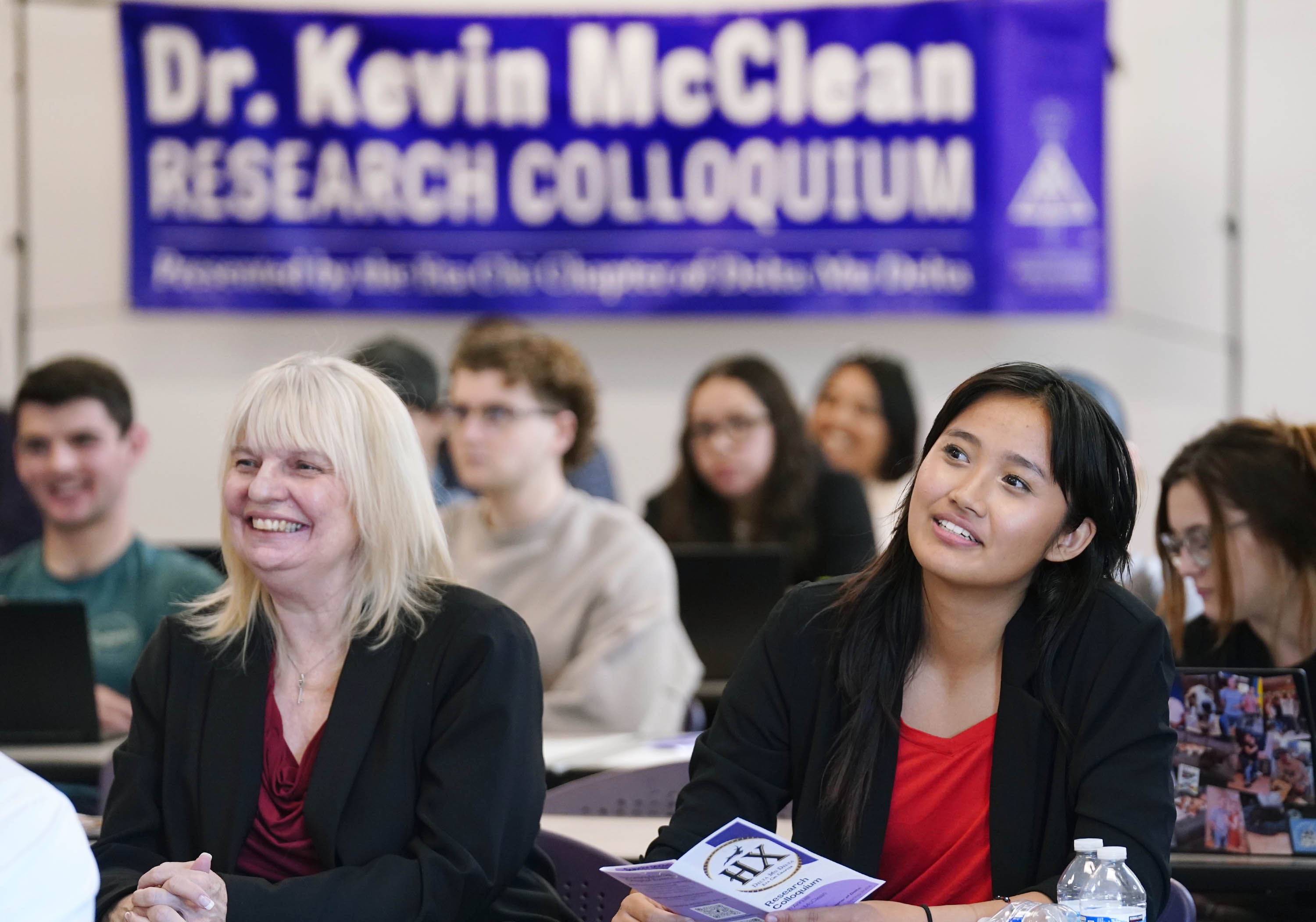By Lauren Dixon
GCU Office of Student Care
#Askingforafriend
Mindfulness is a practice that consistently has been shown by research to decrease stress and anxiety and improve both physical health and psychological well-being.
Mindfulness is about the here and now. It is a practice of allowing the mind to be so full of the present moment, it is undisturbed by pains of the past or worries of the future.
In connecting fully with the present, we can find pause as we take a step back from the onslaught of reactions that tend to occur in response to discouraging thoughts and distressing feelings.
What many of us don’t know about our thoughts, feelings, behaviors and attention is that, more often than not, we’re functioning in an autopilot mode. There are two important things to understand about autopilot mode:
- We don’t often pay attention to what we’re paying attention to, and so our attention tends to follow whatever stimulus is strongest. On autopilot, attention involuntarily focuses on the loudest sound, the strongest feeling, the thoughts that evoke the strongest feelings, and the circumstances we perceive to be causing our most active thoughts and feelings.
- From a very young age, our brains start to develop a template of paired reactions to feelings. When we experience anger, fear, pain or shame, the brain reaches for the most familiar reaction to that feeling without us consciously deciding that we want to react in that way.
This is why in reaction to anger, we yell or give the cold shoulder instead of vulnerably expressing our values, wants and needs.
It’s why in reaction to fear or shame, we over-extend ourselves or withdraw in isolation instead of using boundaries to manage our energy.
It’s why in reaction to stress, we have anxiety attacks or lethargic spells of procrastination instead of self-regulating our bodies through conscious breathing and movement.
The brain directs us to react in the most instinctive ways it has learned from a young age, yet these instinctive behaviors rarely produce the results we really want. On autopilot, we remain captive to the impulses of our thoughts and feelings.
The power of mindfulness is that it interrupts these autopilot reactions and creates a space for us to notice what’s happening, what we’re paying attention to and what less familiar responses may be more helpful than our instinctive go-to reactions.
Mindfulness is not about controlling our thoughts and feelings. Rather, it is about becoming free from our thoughts and feelings controlling us.
Here are some ways you can practice mindfulness regularly:
- Use the mantra, “I am a peaceful witness of my thoughts and feelings.”
- Notice any present thoughts and feelings without judgment or evaluation.
- Shift your attention away from thoughts and feelings to your breath; begin to deepen the inhalations and lengthen the exhalations; continue to redirect attention to the feeling and sound of the breath each time it wanders back to thought.
- Download free mindfulness apps: try “Calm” or “Headspace”























































